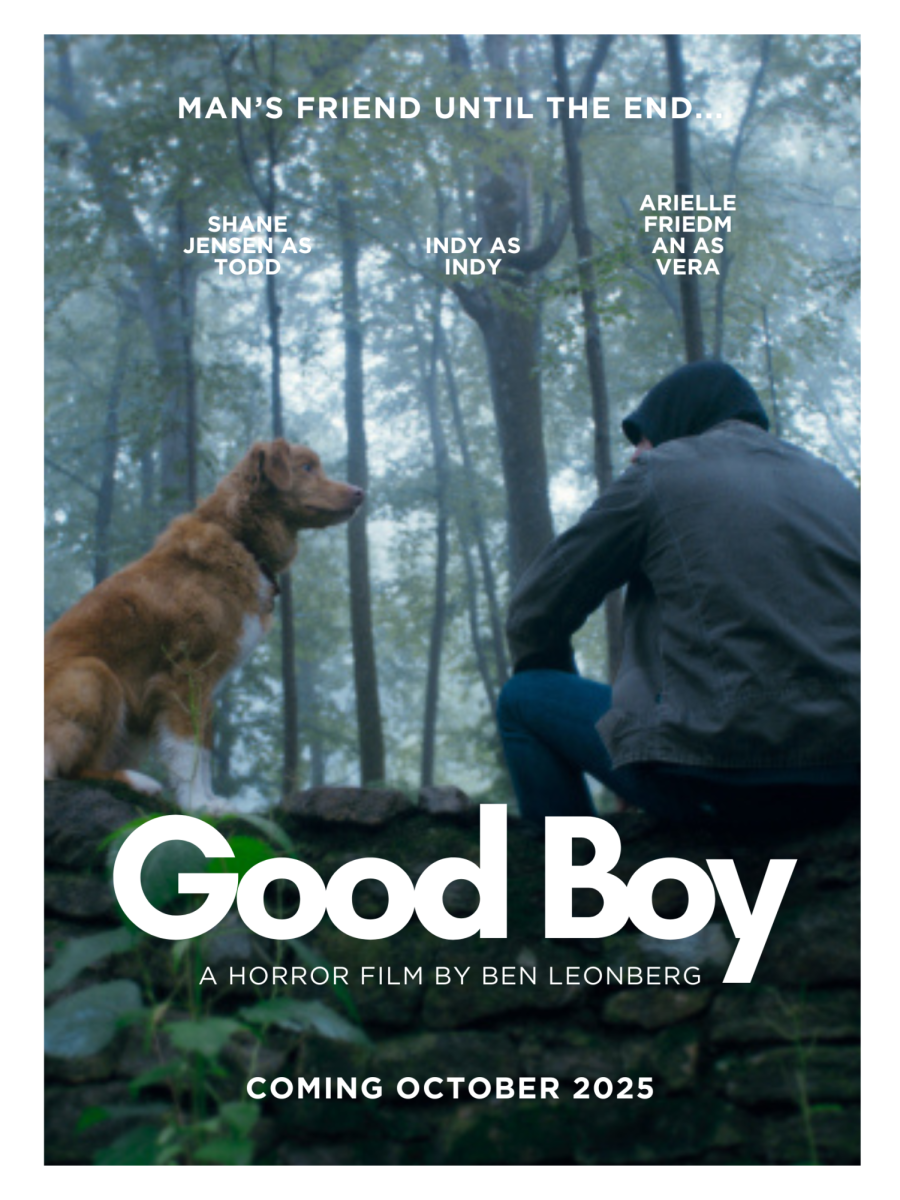For the first time, ULM is playing host to a film series.
The series was made possible by the collaborating of the English department’s Jana Giles and Amy Johnson.
In a time before Blockbuster existed at every corner, when Netflix wasn’t a click away, art cinema was much harder to get a hold of. It was through efforts of colleges that exposed students to less mainstream film. “When w went to school, universities always had film series,” explained Giles.
ULM is the only university in the Northeast to have such a series.
It will show one film a month, from American horror masters like Hitchcock to the genius of Frenchman Jean-Pierre Jeunet.
“ W e started out ambitious,” said Johnson in reference to how much they wanted to share with public cinematically. “But its all economics.”
Giles went on to explain that with the viewing of each film, royalties must be paid to that film’s distributor. After receiving little help from the Campus Activities Board, (CAB) the Dean of Arts and Sciences, Jeff Cass, agreed to funding five films.
The two professors narrowed their list down to the select few, showing one a month.
The list included Junebug, Black Orpheus, Rear Window, Amelie and Army of Darkness.
When considering their picks, both Giles and Johnson wanted to bring something a little more culturally stimulating than what most college students are used to viewing.
“Absurd amounts of money go into blockbusters that already exist in some other form (comic books, remakes). Then more money is spent to promote the film, and there’s no money left for people to do something different.”
Both understand that interest in art cinema is always small because it is more demanding on the viewer.
Today, audiences biggest challenge in a film is understanding what an explosion looks like. Art cinema requires much more of a viewer, bringing forth character complexity and a calling for intellect. This varies heavily from the typical experience of escapism that most blockbusters produce.
However, Giles and Johnson are hopefull.
“We don’t really know our audience yet,” said Johnson. “We’re not sure what they’ve seen.”
They are hopeful that this semester will be more of a success than a trial run, and are anxious to do more with it in the future.




